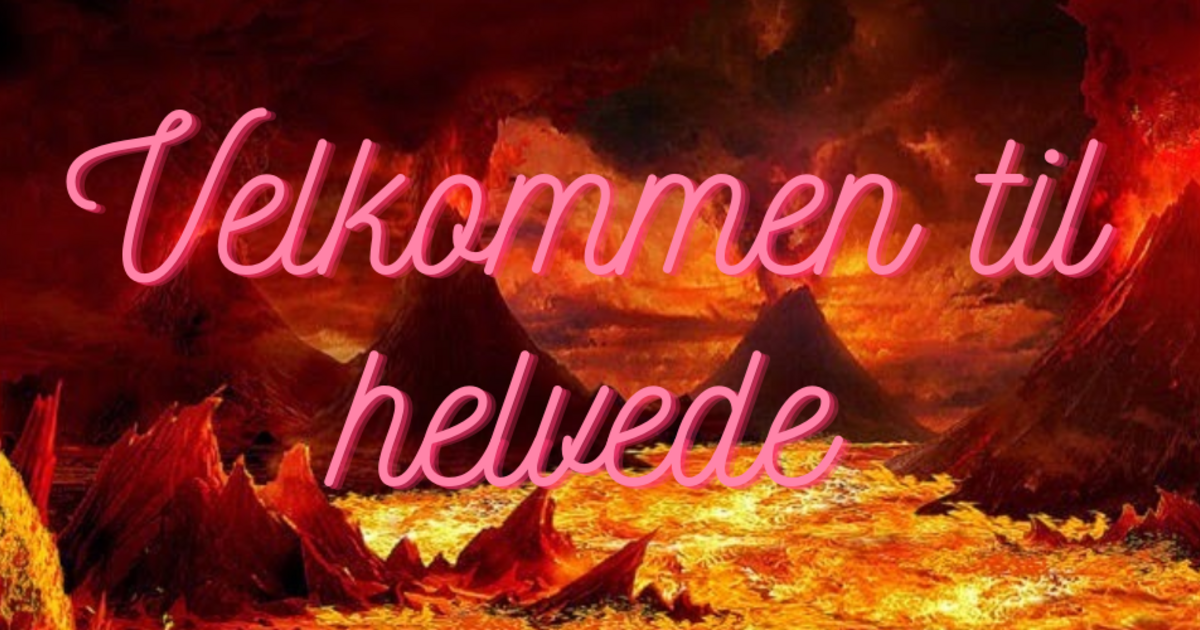Your outie loves the feeling of clean sheets.
Recent searches
Search options
#Severance
#Severance holder et mørkt spejl op til vores verden, når den genfortæller kapitalisme og corporate America som symbolske handlinger med kætterske undertoner. Samtidig minder serien med sine temaer som klassekamp og hvad det vil sige at være et menneske om Westworld, når den var bedst.
Seriens anden sæson er næsten lige så god som den forrige , men som så mange andre moderne serier , er den lige et eller to afsnit for lang.
Fascinationen ved serien er bl.a., at man aldrig helt kan regne ud hvor serien er på vej hen. De scenarier, seriens skabere Ben Stiller og Dan Erickson finder på, er simpelthen så meget out of left field og bizarre, at man aldrig helt kan være på forkant med den dramaturgiske udvikling. Det er en ret underlig serie, og til tider giver den næsten mindelser om afdøde David Lynchs mesterværker.
På mange måder er Severance et kammerspil med et ret begrænset persongalleri, men måden det bliver fortalt på, får alting til at virke større. Hele castet er fremragende, men især Tramell Tillman som den slaskede “firmaets mand” Seth Milchick er sublim.
Visuelt er serien en nydelse og man får det maksimale ud af den meget begrænsede setting.
Thomas Flight har lavet et glimrende video essay om, hvordan det visuelle understøtter det tematiske i serien:
https://youtu.be/ju1YvvuPLkI?feature=shared
Serien får min varmeste anbefaling, men det kræver nok lidt, at man kan gå med på dens sci-fi præmis og kan lide de filosofiske overvejelser om den menneskelige tilstand. Men kan man det, er det bare at gå i gang.
Severance sæson 1 og 2 kan ses på Apple+
@EmilyMoranBarwick @actuallyautistic
Yes! I’m interpreting the idea of being too much, and taking up too much space, through the lens of autistic burnout. Not only did I make myself smaller, but my employer directed me to make myself smaller. They did this in many ways, including literally suggesting I simplify my vocabulary and word use, because I was coming off as condescending. (shoutout to the #Severance TV show for tackling this particular form of psychological workplace abuse directly).
I'm also reminded of the 2010 Tim Burton "Alice in Wonderland," in which Alice is determined to be the “wrong Alice" because she has lost her "muchness.” My response: “We're all mad here, and it's ok” (shoutout to the S. J. Tucker song "Cheshire Kitten”).
My process for recovering from burnout could certainly be interpreted as becoming bigger, finding my muchness, taking up more space.
I very much like the metaphor.
Gosh, I hope we get a 3rd season of Severance before society collapses.
This is just for #Severance fans.
Confession - I'd do anything to experience again the thrill of hearing those first melancholy notes of The Windmills of Your Mind at the end of the season 2 finale
I am not sponsored by #appletv, posting because this is a pretty good deal. Until 4/24, get first 3 months for $2.99 / month

We have the power in numbers. At some point, everyone will hit their “Irving Bailiff” limit.
"By popular request, it’s the Ordinary Unhappiness Severance episode! Abby, Patrick, and Dan reflect on the hit show from the perspectives of political economy and libidinal economy, from Adam Smith to Adam Scott to Karl Marx to Mark S and beyond (with plenty of Freud and workplace war stories along the way). What ensues is less about answering plot mysteries (although spoilers abound) than it is about exploring how the show poses questions about repression, the division of labor, alienation, and more. What does working do to us as individuals, as co-workers, and as political subjects? How do our workplaces and their rituals channel our desires and our anxieties, shape our personas, and even divvy up our basic experiences of space and time? What are the psychic wages of maintaining “work-life balance” and what interventions – technological, chemical, and ideological – do we rely on to “make it work”? Does living under capitalism mean that we have always already been severed, and what should we expect about the limits, and the possibilities, of prestige television when it comes to representing the paradoxes and foreclosures of capitalism itself?"
I feel like I’m detaching from reality watching #Severance. Anybody have any clue what’s going on? The most interesting and bizarre programme I’ve watched in a long time.
I think my favourite thing about Severance is that it's clearly *not* one of those shows written for idiots to half-watch while scrolling through their phones. Total concentration needed! :)





